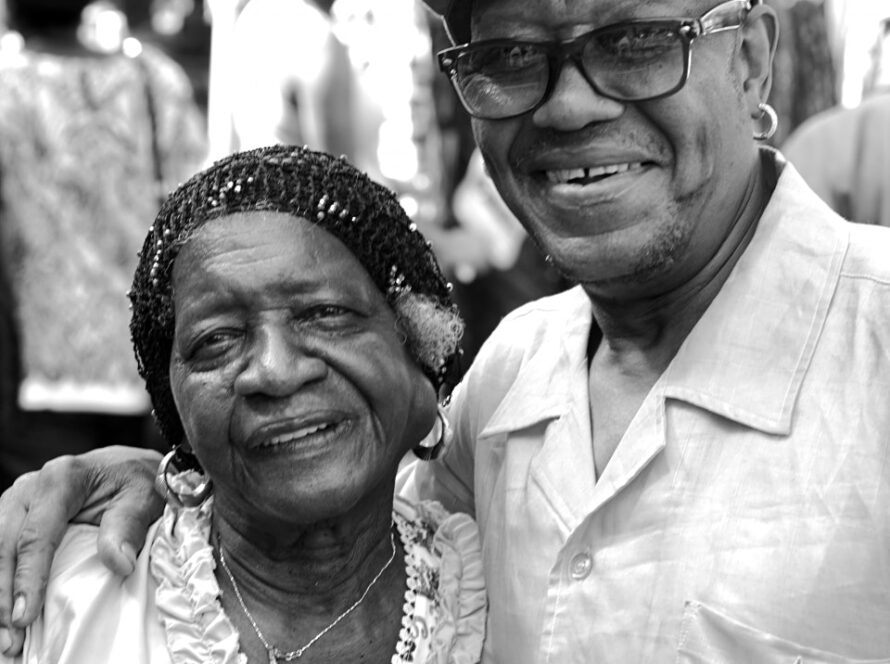Lesson – 2
Acts 8:14-17
14 Now when the apostles at Jerusalem heard that Samaria had accepted the word of God, they sent Peter and John to them. 15 The two went down and prayed for them that they might receive the Holy Spirit 16 (for as yet the Spirit had not come upon any of them; they had only been baptized in the name of the Lord Jesus). 17 Then Peter and John laid their hands on them, and they received the Holy Spirit.
Background
The book of Acts is a story of Jesus’ friends trying to remember him and spread the news about his ideas. But this chapter is full of tragedy, including Saul who approves the killing of Christ followers, as well as a plan to persecute and imprison them. Later in this chapter, there is a story of Phillip and the Ethiopian Eunuch (who today might be called genderqueer or gender-fluid in some sense). In this scene, we get the sense that Jesus’ friends are committed to deep study of the scriptures with anyone who has interest, including the eunuch. In your own devotional period, take note of the attitudes of Christ followers. Are they invitational? Hospitable? Nosy? How might you describe Jesus’ comrades in this scene?
Today’s lesson will focus on building connections in spite of challenges.
Read the scripture out loud together. What’s happening in this passage?
Peter and John are traveling evangelists. They come to Samaria to pray for people, in hopes that the Holy Spirit might be received. Up until this point, the Spirit had not come to any of them. They’d just been baptized. At the point when Peter and John lay hands on the people, the Holy Spirit then arrives.
Why do Peter and John go to Samaria?
Samaria is where we find “Samaritans,” as in, the story of the Good Samaritan. According to independent scholar J.R. Daniel Kirk, “they were worshippers of the same God but with different beliefs from other Jews…The old divisions that kept Samaritans and Jews at odds would be undone in the family of God baptized into Jesus. The same baptism, the same Spirit, would mark them all as beloved children.”
Perhaps it may be that Peter and John had to go to Samaria in person to show they came in peace. Perhaps it was necessary for them to participate in an in-person baptism because their tarrying in Samaria proves that they are coming in good faith. It’s one thing to invite someone to come to your house; it is another matter completely to go to theirs.
 Why didn’t the Holy Spirit arrive before laying on of hands?
Why didn’t the Holy Spirit arrive before laying on of hands?
It takes more than water to make a baptism. As the saying goes, one can “go in a dry devil and come out a wet one.” Of course, this is perhaps an exaggeration (no person is a devil) meant to point out the absurdity of rituals without meaning. Rituals engage the elements (water for baptism, fire in candles, earth in ashes, air in the rushing of winds) as a physical representation of something going on in the spiritual realm.
Think back to your childhood. Did you ever try to baptize a cat or a dog while washing it? Or pretend to have communion with crackers and apple juice in Sunday school? Did you ever “play church?” While these were developmentally appropriate ways to play (children often imitate what they see), what makes communion or baptism real is the intention behind it.
Which also means, even if we are unable to baptize or take communion as we usually do because of social distancing, you can add intention to a modified ritual. Your pound cake and sweet tea communion still counts because we prioritize safety in these COVID times.
What questions do you still have of this scripture? How will you commit to journeying with this text this week?
Connection to Today’s World
Wouldn’t it be nice to take communion “the old way?” Do you miss the choreography of Deacons marching about the church, ensuring that all people eat when all have been served? Do you miss the great hymns of the church and the ritual of exiting the church with a song? You are not alone.
Churches around the globe have been desperately searching new ways to do baptisms and communion considering the pandemic. As Baptists, we believe our communion to be a spiritual representation of the Last Supper. You will often hear Deacons say, “transform this from its common use to its spiritual use” during Communion prayer.
In other denominations, however, the elements are treated as the Last Supper itself. Therefore, there is higher emphasis on gathering for communion because it features more prominently in the life of their particular church. Some denominations, like Catholics and Episcopalians, have gone through great lengths and discussions to explore how to safely engage communion even in a pandemic.
Many religious traditions are learning how to adapt around the pandemic. Some Jewish communities are making exceptions for Zoom Shabbat services, even though technically use of electricity is usually not allowed on the Sabbath. Some Christian churches are finding innovative ways to practice baptism, including outdoor dunking booths and trips to the beach. And some Christians have made the choice to abstain from communion until it is safe to meet again at the communion table.
Dean Kelly Brown Douglas of the Episcopal Divinity School argues that “We can’t be so focused on the rituals of the church that we forget about the meaning of our gathering…If we’re so wrapped up in what happens at the altar, maybe we’re missing the point of why we are at the altar in the first place.”
Journal: How will you seek connection in safe ways this week?
Closing: Listen to “I Need You To Survive,”
Prayer:
Dear God,
We miss our friends. We miss our rituals. We miss our loved ones. Talking behind masks is difficult and not always ideal, but it’s necessary. We long for the intimacy of being together the way we used to be.
It’s still important for us to prioritize each other’s wellness. We know that there is no point in hugging each other and saying “I love you” if we are not also taking each other’s health seriously.
We pray for a laying on of hands, in some special way. When we are unable to get the embrace that we desire, we ask that you send the Holy Spirit to intervene. Hold us tight, Holy Spirit. Send us reminders that we are not alone, that things will not always be like this, and that you are with us even in our scatteredness.
In Jesus’ name we pray, Amen.
WORKS CITED
- https://www.workingpreacher.org/commentaries/revised-common-lectionary/baptism-of-our-lord-3/commentary-on-acts-814-17-4
- https://www.newyorker.com/news/on-religion/will-the-coronavirus-be-the-end-of-the-communion-cup
- https://www.bostonglobe.com/2020/04/29/opinion/christians-communion-dont-try-this-home/





